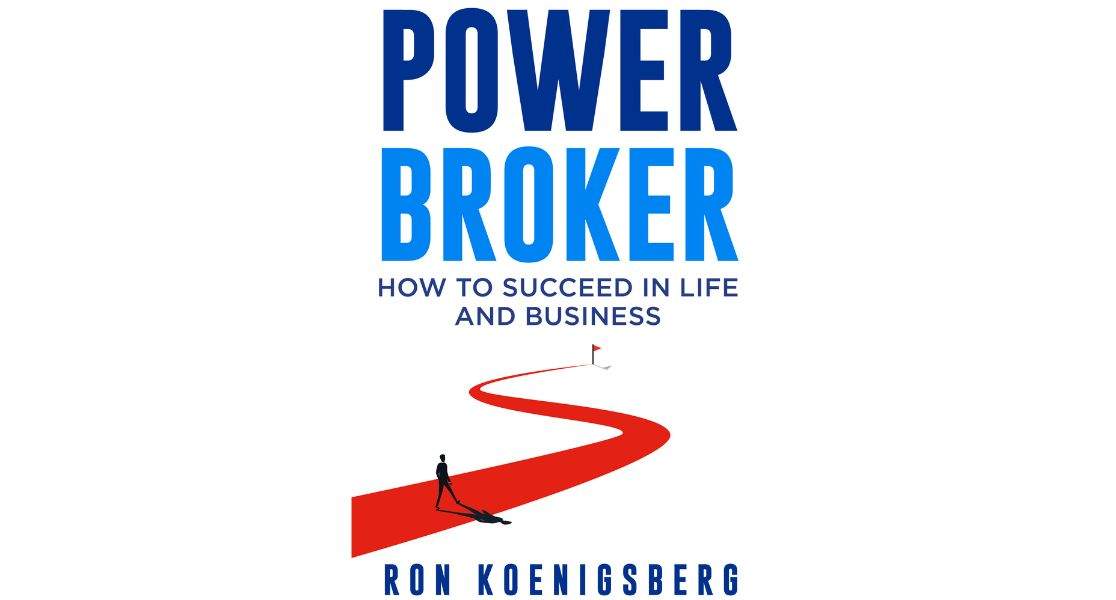The root of the word “credibility” is “credo,” which in Latin translates to “I believe.” Simply put, credibility is the feeling of trust and respect that you inspire in others: your clients, your friends, and your peers.
Being credible is extends far beyond being important for a successful career; it is imperative for a successful career. When you do the right thing for the right reasons, people trust your judgment, and from there, credibility begins to form. Clients desire to work with an individual whom they trust and respect. Credibility is not something that you either have or you don’t – credibility is more-so on a scale on which others rate you based on their perception of your credibility.
Credibility takes time, patience, and most importantly, consistency in order to build. It is something that must be earned. Not one single thing alone creates credibility. Rather, a combination of things must be in place for credibility to be established. Below is a look at four key elements in which credibility may be comprised of.
Strength of Character. Back in February we crafted an article on the importance on strength of character. Today strength of character arises yet again because of its close correlation to credibility, as character and integrity are the very foundation of credibility. Strength of character is an integral element of credibility.
Exercise Your Expertise. Those around you will look to those who are experts in their industry as thought leaders and innovative thinkers. Experts experience a much higher level of credibility than those who lack expertise. When an individual begins to create a reputation for expertise credibility naturally forms.
Clear and Professional Communication. Clear communication plays a major role in credibility. When it is easy for your audience to understand what you are communicating they will likely look to you again for future explanation or advice. Taking it one step further, having strong authenticity in what you communicate shows your audience (clients, friends, peers) that you are well researched and that your stance is founded upon truth and realness. On the other side of the coin, it is equally as important to ask intelligent and thought-provoking questions in a professional way. Keep in mind that asking questions in an intelligent manner is often just as important as answering them.
Problem Solving and Sound Judgment. To be credible, when an issue or challenge arises, be sure to be part of the solution. If so, those will look to you for future problem solving. A person who is believed to be credible will likely be counted on to analyze and solve complex situations and make good decisions.





